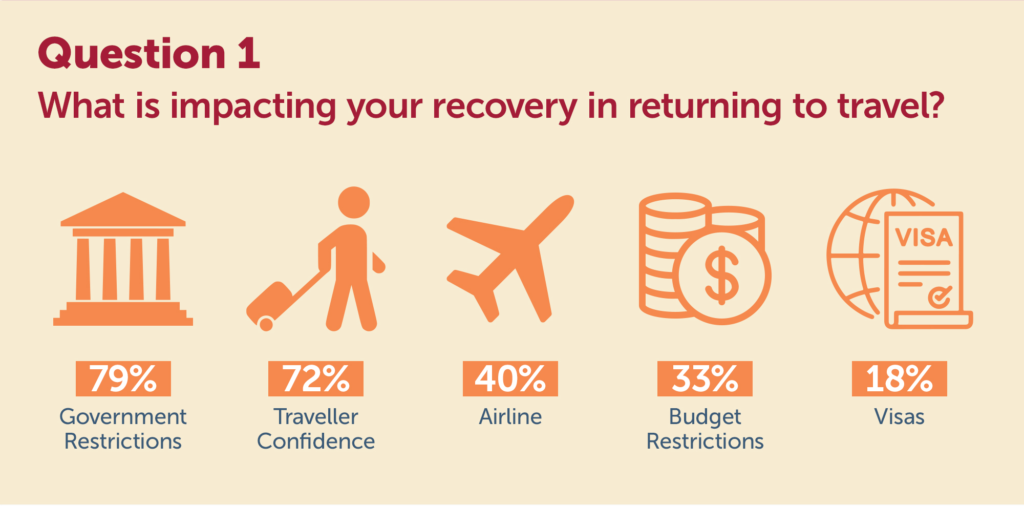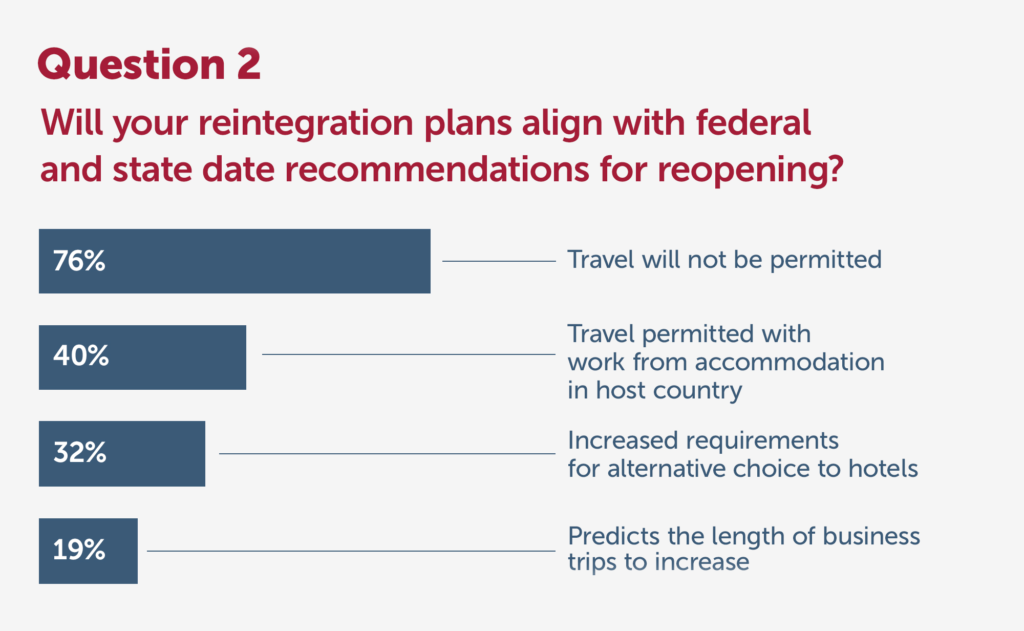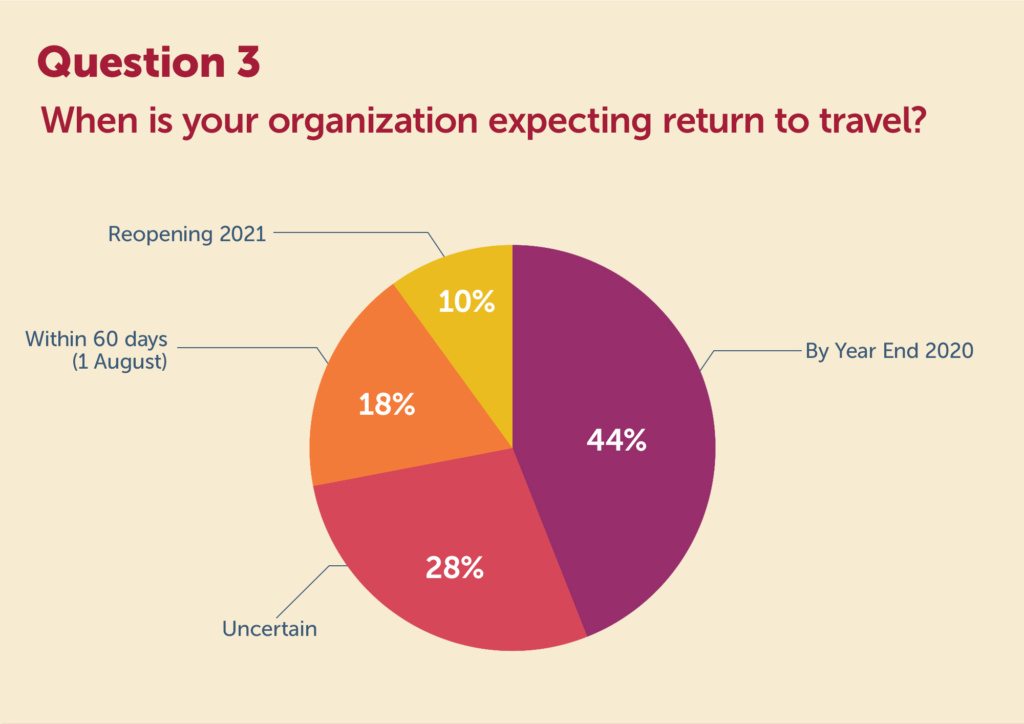The following is a repost of a piece penned by VP of Sales, EMEA, Claire Barrie for The Business Travel Magazine published on July, 1, 2020.
Claire Barrie, Vice President Sales for Synergy Global Housing, tells TBTM why she believes travel providers need to take a new approach to their relationships with corporate buyers in the new COVID-conscious world.

“At last we are seeing some positive signs towards travel as restrictions start to be eased, with some borders opening and air bridges being formed. From research Synergy Global Housing has undertaken with leading corporate travel buyers across the globe, we know that demand for business travel is slowly starting to return.
Our research shows that almost half of corporates are set to resume business travel by the end of 2020, with almost 20% planning to do so in the next two months. It also highlights a close alignment between the return to business travel and when people return to the office.
But what our research also makes clear is the absolute need to rebuild corporate buyer confidence if they are to resume business travel in an environment replete with government restrictions and employee health and safety concerns.

To do that, all business travel providers need to take a new approach to engaging with corporate travel buyers and TMCs, and one which reflects the new Covid-conscious environment in which we’re now all living.
We believe the business travel providers should embrace a new framework for engagement, founded on insights we’ve received from senior corporate travel buyers, and based upon five core principles:
Constant communication: Weekly status calls and reports may have worked pre-Covid, but it’s not enough now. Continual communication and advice from providers is crucial to rebuilding business traveller confidence, and reassuring corporates of their long term stability.
Insights and intelligence: Regular insights from providers on key factors affecting business travel such as travel restrictions and infection rates in their locations, and parallel trends such as the rate at which people are returning to an office environment, can help corporate travel buyers define what (and to where) will constitute ‘necessary travel’.
Accountable measures: Easily available data from the provider that measures and tracks key factors such as cleanliness and hygiene, and gives the corporate confidence that the provider is health and safety focused, and clearly accountable.
End to end journey management: End to end communication from providers to business travellers – pre, on and post trips – is essential. This should be supported by targeted, destination-specific information about the provider’s location for business travellers and their company travel managers.
Refine rather than RFP: As business travel resumes, corporates have no appetite for time-consuming, widespread RFP processes, but instead expect providers to take a tailored approach to their individual needs, and review and refine their approach on an ongoing basis to ensure they continually meet them.
This stance is likely to remain in place until well into 2021 with travel buyers considering extensions to their current agreements, thus negating the need for any negotiations.

This will be against a background of anticipated lower demand across all accommodation sectors (transient and extended stay) until 2022, causing hotels and serviced apartments to move to tactical discounting in the short term whilst they rebuild occupancy. Buyers will be wary and concerned about distressed inventory being sold by OTAs as it will create Duty of Care and pricing parity issues for their corporate programs.

Our recently expanded international sales team is already starting to use this new model for engagement with corporate travel buyers, it is resulting in higher levels of interest and demand. This comes as our research also indicates that over a third of corporate travel buyers are planning to increase their use of serviced accommodation as an alternative to hotels as a result of COVID-19.”
To view the original post, click here.






